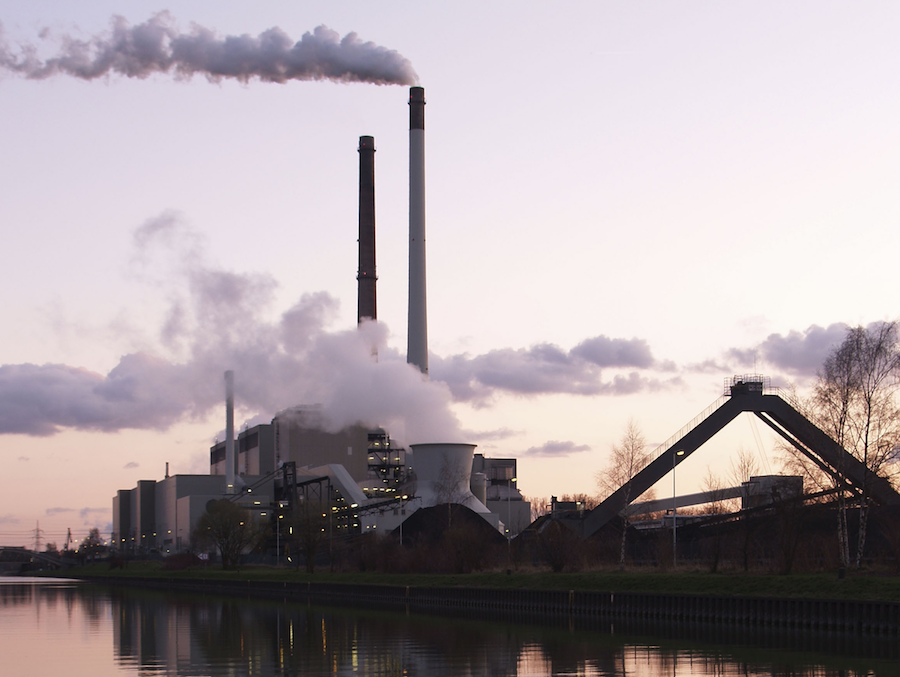
Europe’s largest economy has also promised to achieve a mostly carbon-free energy system by 2050. Its timetable, however, could present challenges to the European Union’s efforts to cut its greenhouse gas emissions sooner — by at least 40% by 2030.
Most of the 28 EU states aim to become carbon-neutral by 2050 — that is, carbon emissions should be balanced by carbon-reduction measures. Poland, however, relies heavily on coal and has a temporary exemption.
German utilities had until Jan. 4 to submit tenders under the mechanism aimed at ensuring the country exits coal in the next 17 years.
Chancellor Angela Merkel approved last year a $55 billion plan to phase out of more than 100 coal-fired power stations across the country by 2038.
The country is running a series of tenders in which operators declare the price at which they would be prepared to close plants that use hard coal. In return, they are offered funds to offset some of their losses.
The regulator sets a maximum price per MW of capacity to cap the public sector bill. The ultimate price takes into account bidders’ offers and the CO2 emissions of the plants in question.
After 2027, compensation will no longer be available, so operators are ready to bid as low as possible to avoid losing out to competitors.
“The auction was again oversubscribed,” Jochen Homann, the head of the Bundesnetzagentur regulator, said in the statement. “The highest award lies significantly below the previously set maximum price.”
Germany is the world’s largest producer of lignite (or brown coal), which fuels about 19% of the country’s electricity capacity. That kind of coal is considered the most polluting type because its low heat content means more must be burned and it contains large amounts of impurities such as toxic chemicals.




